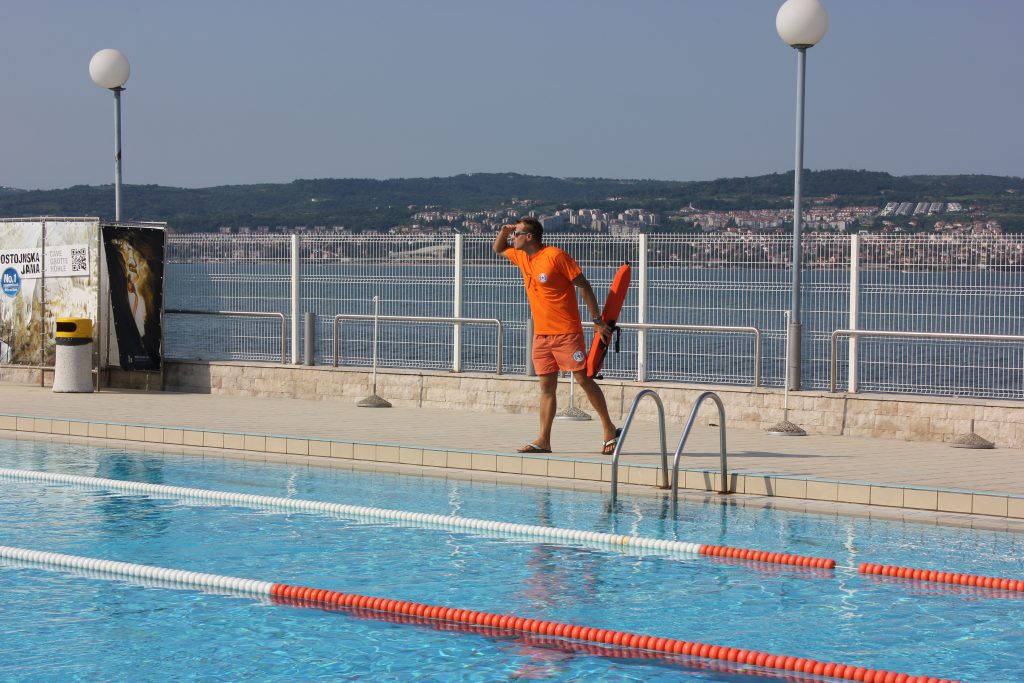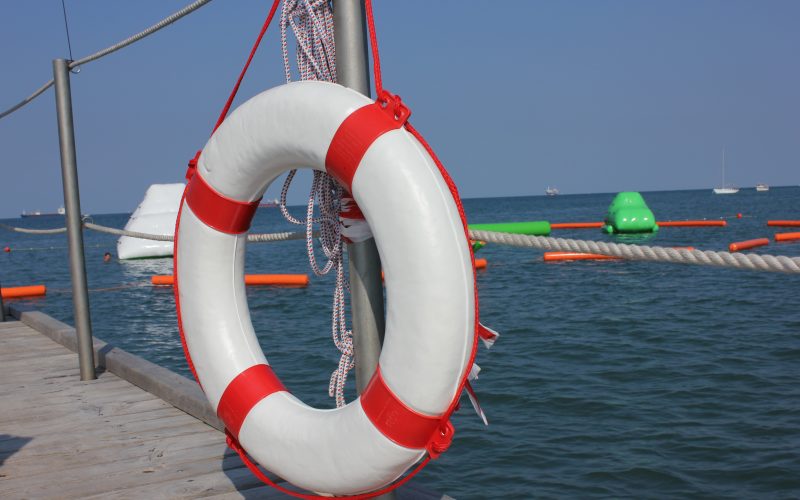How to prevent drownings? With furter knowledge. Drowning is quick, silent, and often happens when you least expect it. But the good news? It’s preventable. Whether you’re at a pool, lake, or the sea — knowing how to stay safe and keep others safe can save lives.
Here’s what every swimmer, parent, and water lover should know about drowning prevention.
Tips for prevent drownings:

1. Learn to swim to prevent drownings
It may sound obvious, but strong swimming skills are the best defense against drowning. Enroll in swimming lessons — not just for kids, but adults too. It’s never too late to learn.
2. Supervise constantly to prevent drownings
- Always watch children around water — even in shallow pools or bathtubs.
- Stay off your phone when supervising.
- Designate a “water watcher” in group settings.
Drownings often happen when adults assume “someone else is watching.”
3. Never swim alone if you want to prevent drownings
Solo swimming increases risk — especially in open water. Always swim with a buddy, even if you’re experienced.
4. Use life jackets when needed
- Non-swimmers and children should wear properly fitted, coast guard-approved life jackets near water.
- They’re also essential for boating, kayaking, or paddleboarding — regardless of swimming ability.
5. Know the environment
- Check for currents, tides, or drop-offs in open water.
- Look for warning signs, lifeguard flags, or posted rules.
- Be cautious with inflatables — they can drift out quickly.
6. Learn CPR and First Aid
In an emergency, fast action saves lives. Taking a CPR course gives you the power to help while waiting for medical assistance.
7. Avoid alcohol around water
Alcohol impairs balance, coordination, and judgment — a dangerous mix near water. Save the drinks for after your swim.
8. Educate your family to prevent drowning
Teach kids water safety from a young age:
- What to do if they fall in
- How to float and call for help
- Respecting water boundaries
Knowledge and confidence reduce panic in emergencies.
9. Respect your limits
Even experienced swimmers can get into trouble:
- Know your stamina and comfort zone.
- Don’t swim in rough conditions or deep water if unsure.
- Rest when tired — don’t push it.
Quick reminders
- Supervise. Always.
- Swim with a buddy.
- Wear life jackets when needed.
- Respect the water — pool, lake, or ocean.
At Swim Origin, SAFETY COMES FIRST!
To prevet drownings we believe swimming should be joyful — and safe. By staying alert, informed, and prepared, you can prevent and protect the people you care about.
Explore our water safety tips, learn how to swim at any age, and become part of a community that swims smart.


